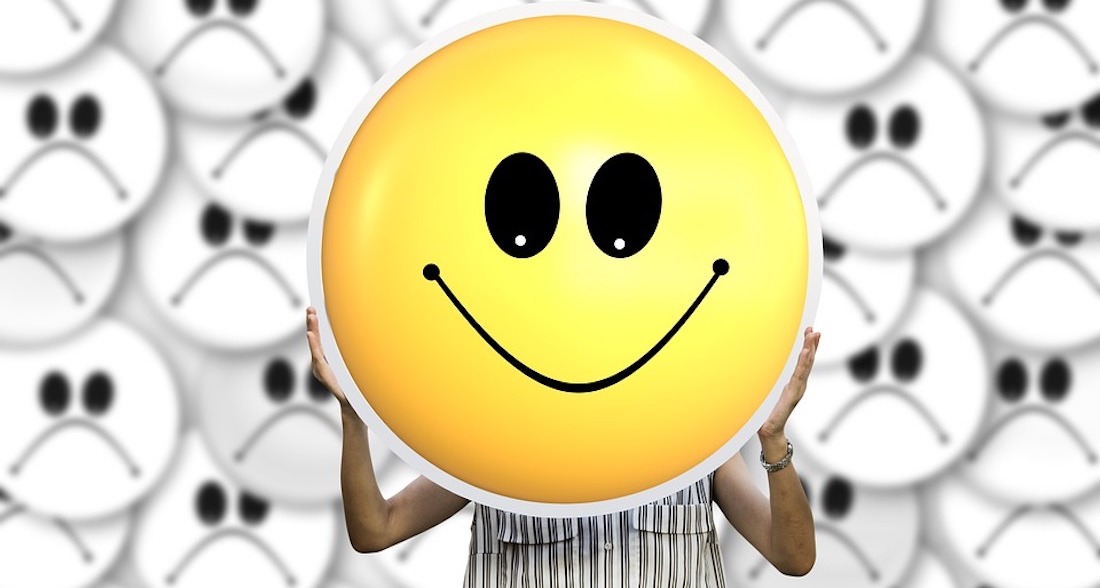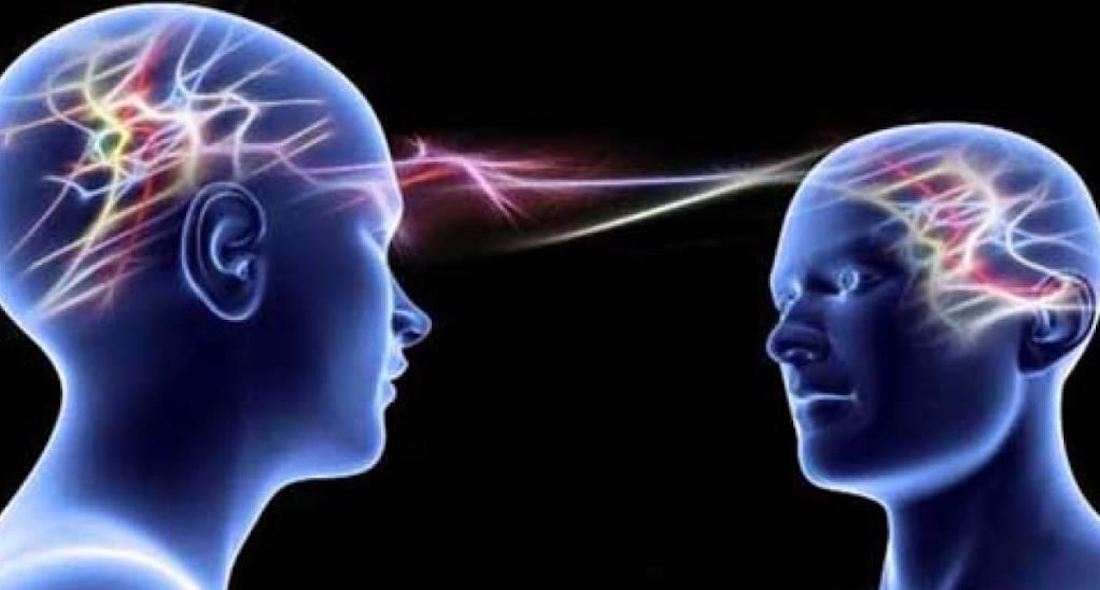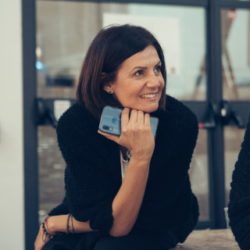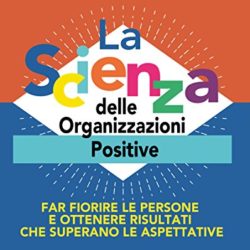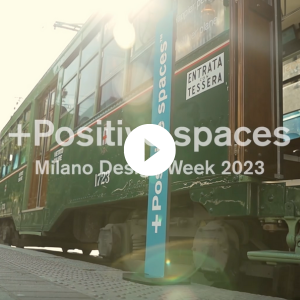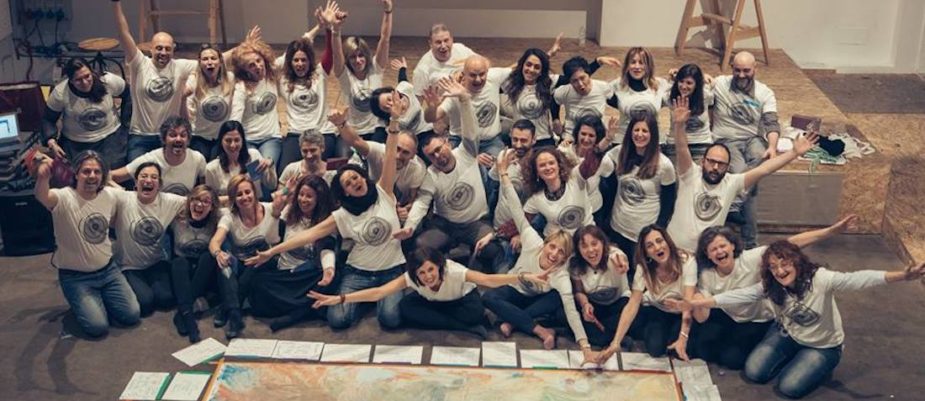
What would the world be like if every child, every professional, every school, every hospital, every company, every government could have access to the right information and solid tools to build their own happiness?
This question opens the first article of a series dedicated to Happiness in the Workplace written for WOW! Webmagazine by Daniela Di Ciaccio, co-founder with Veruscka Gennari of 2BHappy Agency
What is Happiness?
It is difficult to respond quickly and in a non-simplistic way to one of the most discussed topics in human history.
Recently, however, even Science has entered the debate and has begun to substantiate it with a vast production of experiments, research and studies.
In fact, there is a Science of Happiness, a term with which research, evidence and new paradigms are being aggregated in the context of different disciplines and sciences (such as Psychology, Neuroscience, Molecular Biology, Economics, the Quantum Physics, Medicine, Sociology …) are showing that happiness is not just an emotion but a skill and, as such, we can cultivate it, for the benefit of individuals and the entire social system.
We can summarize in 2 great principles of the Science of Happiness that everyone should know in order to express their potential.
1. Positivity is an advantage.
Neuroscience has shown that our organism in a “positive” state, or if it is able to formulate pleasant thoughts and emotions, works significantly better than in a neutral or negative state.
This effect of a certain chemical (ie hormones, such as dopamine, serotonin, oxytocin, endorphins) that our body produces when we experience joy, confidence, we feel respected and valued, we collaborate or we are kind .. in a degree to increase our maximum performance in terms of health, creativity, intelligence and wisdom.
Research has confirmed, for example, that if the heart sends pleasant sensations to the brain, the brain increases its ability to store information and our memory improves.
2. We are wired for the community.
Our brain has a social nature, we are made to be together. The Italian discovery of mirror neurons proves it.
We have a real “wi-fi system” that connects us to others and allows us to feel and experience their own emotions, simply observing their behavior.
Today we know that closeness and physical contact between two persons affect the brain’s electrical activity on both. Social connections strengthen our cardiovascular, neuroendocrine and immune systems, so we are well and we work better when we are with positive people.
We have seen, for example, that men and women with few social ties are two to three times more prone to severe depression. The need to be part of a group and forge social bonds is therefore written in our biology. We have evolved thanks to this, it is called Social Capital.
Today we know that if each of us becomes a “positive node” in the workplace, at school or within the community, helping those around us to improve their creativity and productivity, their skills and performance, not just we are helping the group to strengthen and grow, we are also exponentially increasing our own potential for success.
So where to start to train happiness?
Each of us has the opportunity to build our own mix of activities and experiences of happiness: the principle is to put endorphins, oxytocin, dopamine, serotonin in circulation and each one can do it expressing himself in his talents and cultivating his passions (sport, socialization activities, art, music, dance, contemplation, etc.).
Science and research have shown that some experiences and activities are accelerators of this process of re-wiring our neural network in terms of positives. Among these: the practices of conscious breathing, meditative or physical activity; positivity and activities that amplify beauty and pleasure; gratitude and kindness; volunteering, social activities and projects (humanitarian or environmental, just to name a few).
Happiness is possible, a right of all but it really depends only on us. “Act as if what you do makes a difference. It does” (William James).
Text by Daniela Di Ciaccio, co-founder of 2BHappy Agency.

